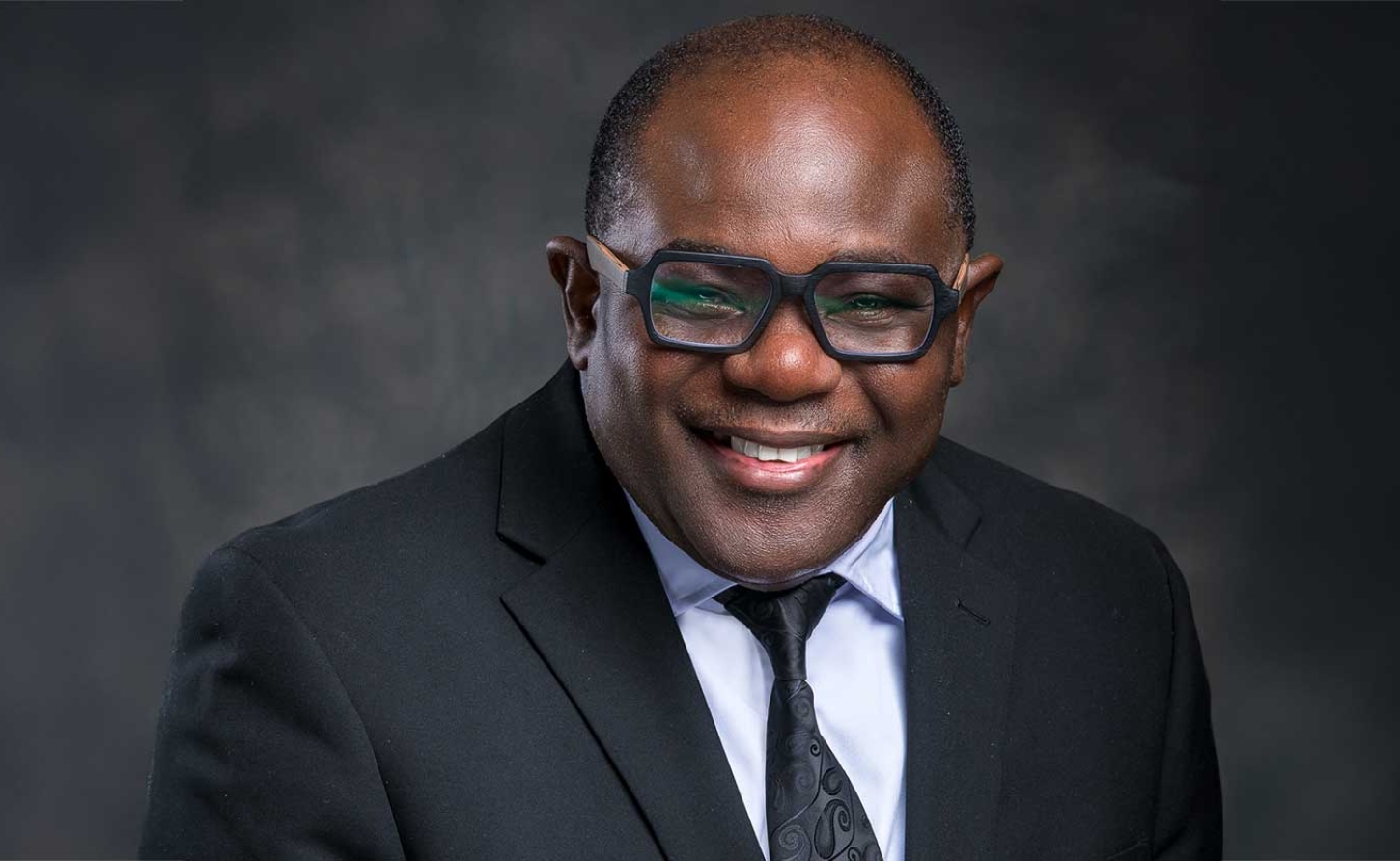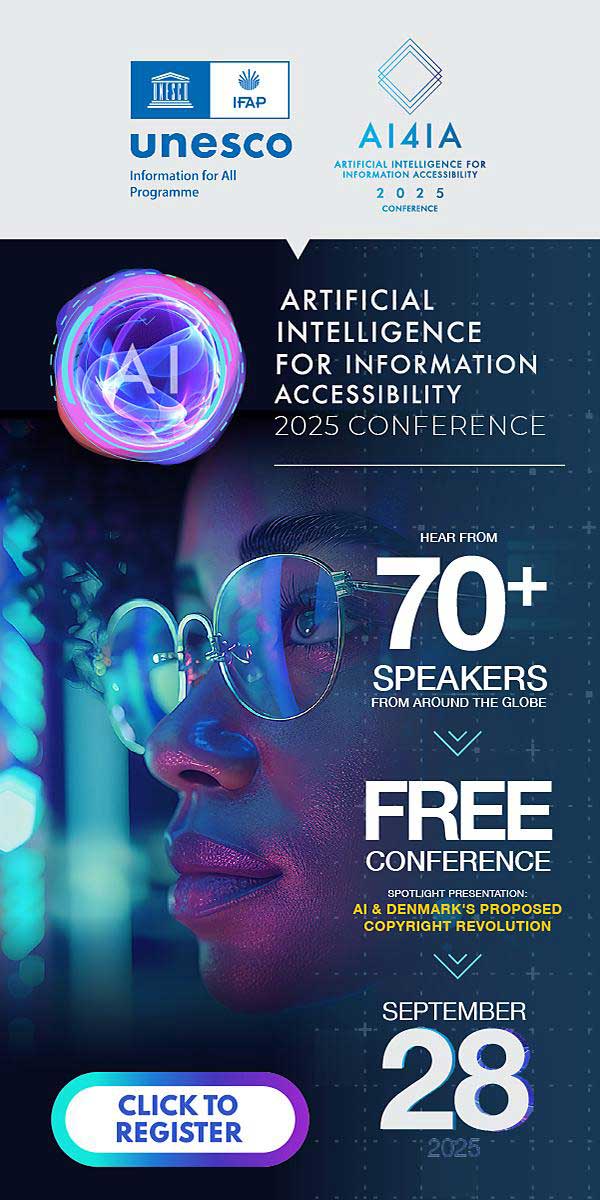JAMAICA | From Kingston to Copenhagen: How a UNESCO Conference is Democratizing AI's Future

MONTEGO BAY, Jamaica, September 19, 2025 - A teenage musical prodigy in India, legal experts in Denmark, and young activists in Chile will converge virtually this September to tackle one of the most pressing questions of our time: Who gets to shape artificial intelligence?
The answer, according to the 6th Annual Global AI4IA Conference set for September 28, 2025, is everyone.
This UNESCO-backed virtual gathering represents far more than another tech conference. With over 70 speakers volunteering their expertise—from government regulators to grassroots activists—it has evolved into a genuinely democratic forum where the future of AI is being debated not in Silicon Valley boardrooms, but on a global stage where every voice matters.
A Caribbean-Led Global Conversation

This dual Caribbean-African leadership signals a deliberate shift away from traditional North American and European dominance in AI discourse.
"From young innovators to seasoned policymakers, the AI4IA Conference reminds us that the future of AI cannot be left to chance or a select few.
It must be shaped by everyone, for everyone," explains Cordel Green, executive director of Jamaica's Broadcasting Commission and vice-chair of the UNESCO working group.
Green's words carry particular weight given Jamaica's emerging role as a thought leader in digital governance across the Caribbean region.
The Broadcasting Commission's co-presentation of this year's event alongside the University of Alberta demonstrates how Caribbean institutions are positioning themselves at the forefront of global AI policy discussions.
Youth Voices Taking Center Stage
Perhaps nowhere is the conference's democratic ethos more evident than in its spotlight on young innovators who refuse to wait for permission to change the world.
At the Latin America satellite event, two members of Tremendas—a movement spanning 18 countries—will demonstrate that AI's future lies not just in algorithms, but in human purpose.
University student Isidora Zapata merges artificial intelligence with mental health advocacy, while high school student Martina Ortega combines astronomy outreach with STEM inclusion initiatives.
Their work embodies the conference theme that technology must serve humanity, not the other way around.
Even more striking is 13-year-old Niyati Chetransh from India, who has transformed personal adversity into extraordinary achievement.
Having mastered 42 instruments and broken national records, Niyati will perform what may be the conference's most memorable moment: an AI fusion symphony where artificial intelligence creates one musical line while she performs the next live.
It's a powerful metaphor for human-AI collaboration that transcends technical jargon.
Legal Frontiers and Digital Rights
The conference tackles not just AI's possibilities, but its perils. During a live fireside chat, Danish copyright lawyer Anne-Sophie Kofoed Rasmussen will unveil Europe's first-ever proposal to grant citizens copyright-like rights over their own likeness, voice, and body.
In an age where deepfakes can put anyone's face on anyone's actions, Denmark's bold declaration that "your face is your property" carries profound implications for digital sovereignty worldwide.
This legal frontier discussion exemplifies the conference's refusal to treat AI as merely a technical challenge. Instead, it positions artificial intelligence as fundamentally a human rights issue—one where Caribbean nations and other Global South countries have as much stake as traditional tech powers.
Eight Regions, One Vision
The conference's structure itself tells a story about democratizing access. Eight regional satellite events—spanning Canada, Chile, Europe, India, Latin America, Jamaica, South Africa, and Zimbabwe—ensure that conversations about AI's future aren't confined to a single time zone or cultural perspective. Over 70 prerecorded presentations will be available on-demand in themed virtual rooms, while live interactive sessions on September 28 (3:00–5:00 GMT) allow real-time engagement with experts.
Why Universal Access Matters
The timing couldn't be more crucial. As artificial intelligence reshapes everything from education to employment, the risk of creating new forms of digital colonialism looms large. Biased algorithms and opaque "black box" systems threaten to entrench existing inequalities while creating new ones.
Yet the AI4IA Conference offers a counter-narrative: AI as a tool for empowerment rather than exclusion, capable of improving education, expanding access for persons with disabilities, preserving cultural heritage, and amplifying community voices in shaping their own futures.
The conference is free and open to anyone who believes technology should promote equity, inclusion, and human dignity. Registration is available at https://ai4iaconference.com/.
In a world where artificial intelligence often feels like something happening to us rather than with us, the AI4IA Conference dares to imagine a different future—one where the conversation about AI belongs to everyone, from Kingston to Copenhagen and beyond.
-30-
